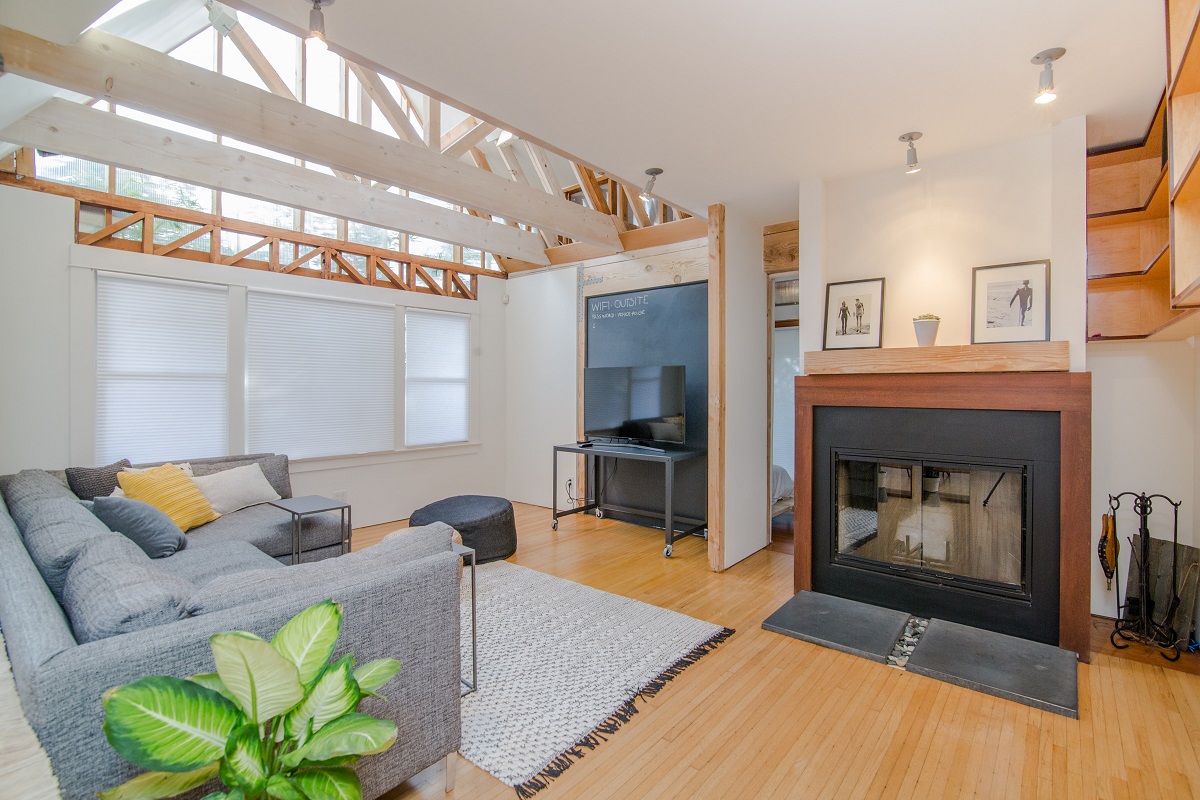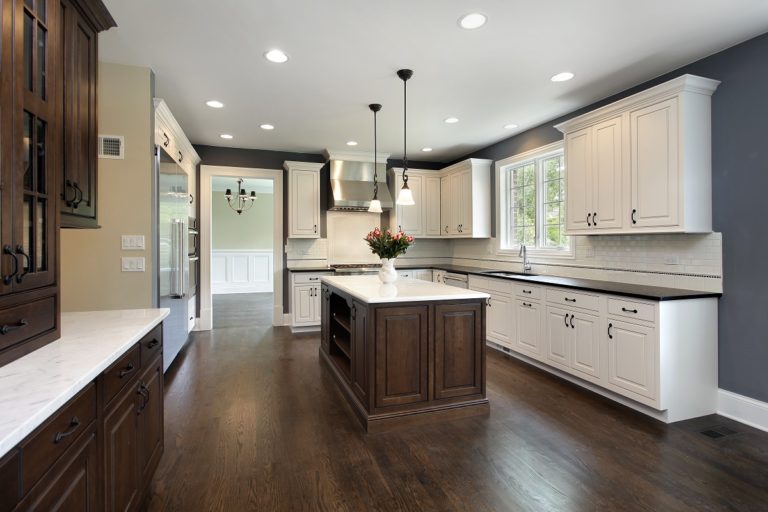Most small businesses have little to no safety net, unlike large corporations, which can rely on the financial and instrumental support of banks and other institutions. For the few businesses that outright own the land and building they operate out of, it’s probably the most valuable asset they have. And even if they rent or lease from a landlord, operations would effectively grind to a halt without a physical space.
That’s just one of the many reasons why small businesses need to prioritize regular maintenance. The spaces they occupy make it possible for them to conduct day-to-day operations, and a brief interruption can spell economic doom. Unfortunately, physical spaces don’t take care of themselves, but if you make maintenance a priority and set a regular schedule, you can easily manage the upkeep.
I’ll discuss a few ways to keep your property in top condition and how to prevent expensive mistakes down the line.
1. Keep an eye out for water damage
One of the top culprits behind property damage is moisture. Water damage can be costly and damaging, especially if the source isn’t discovered and repaired early on. The last thing you need is to gut your walls, ceilings, and flooring because they’ve become waterlogged. While you can always hire floor fitters to fix the damage, I’m sure you’d rather save the money for more pressing matters.
If the property has a basement, make sure the sump pump is in good condition. There should be a backup power source in case of a power outage to prevent flooding. It’s always cheaper to replace a defective unit than to pay for basement repairs.
Next, have your gutters and drains inspected at least once every three months. If there’s a blockage in the piping, you need to fix that as soon as possible. Regular cleaning should prevent the formation of blockages in the first place and ensure that the drainage system is working properly.

2. Check for moisture
Once you’ve fixed the sources of external water damage, turn your attention to interior moisture levels. Excessive moisture in interior spaces can lead to fungal growth on surfaces. Not only is mold unsightly, but it’s also a serious health hazard. You’ll need professional help once you spot fungal growth, and it may take a lot of time and resources to correct the problem.
Too much moisture is also a problem in wooden structures, and if the conditions are right, it could attract insects and pests into your business. One sign that the interior is too humid is condensation on windows. Improving ventilation should easily solve the problem.
3. Monitor air quality
Dust is something we all have to deal with, but too much of it can pose a serious health risk to your customers and employees. Make sure to clean the interior regularly and to vacuum tight corners and spaces. If there’s room in the budget, consider hiring professional cleaners to do the job for you.
The cleaning frequency depends on the nature of the space. For retail and office spaces, make sure to clean the floor at the end of each workday. It might seem excessive, but dust and dirt are more difficult to remove if left to accumulate. Small cleaning tasks ensure that bigger issues never crop up.
You should also have your HVAC unit inspected yearly. If the air filters aren’t replaced at regular intervals, it could cause poor indoor air quality and trigger allergies and respiratory issues.
The bottom line
These pointers will help ensure that your store or office is always clean and well-maintained. It helps to schedule recurring events on your calendar, so you’re always on top of your tasks. If you feel overwhelmed, focus on one thing at a time.




